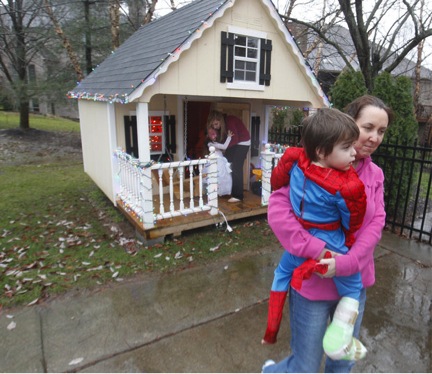All of the attorneys at SwedelsonGottlieb will be attending the 2012 Community Associations Institute Law Seminar in Palm Springs. The Law Seminar provides a unique learning opportunity to discuss emerging trends and legislative issues important to the practice of community association law-as well as excellent opportunities for professional networking.
And when they get back, they will be blogging about what they have learned. So be sure to visit https://www.hoalawblog.com for blog postings on new law, emerging trends and what is going on nationally and in California in community association law.





